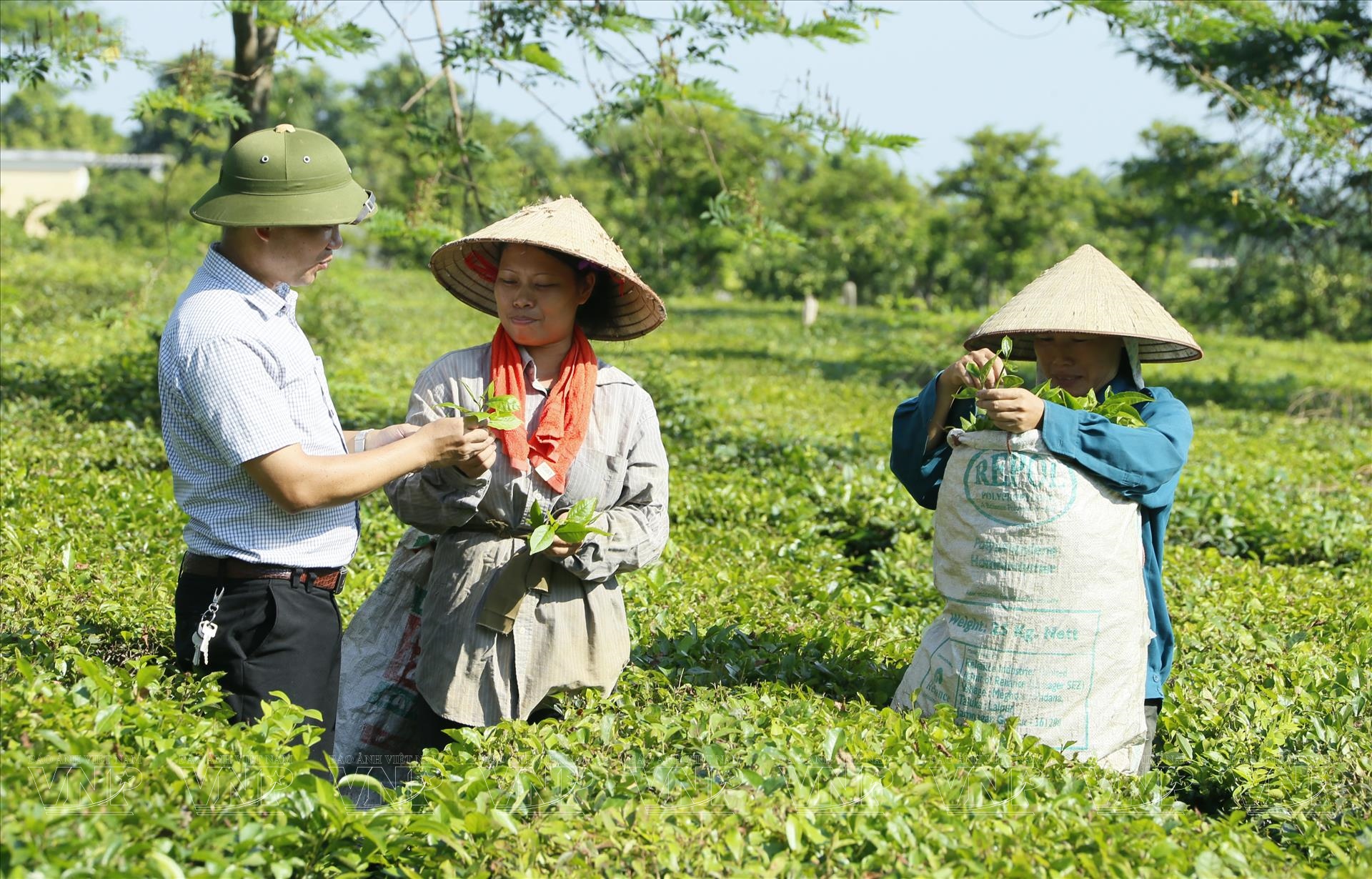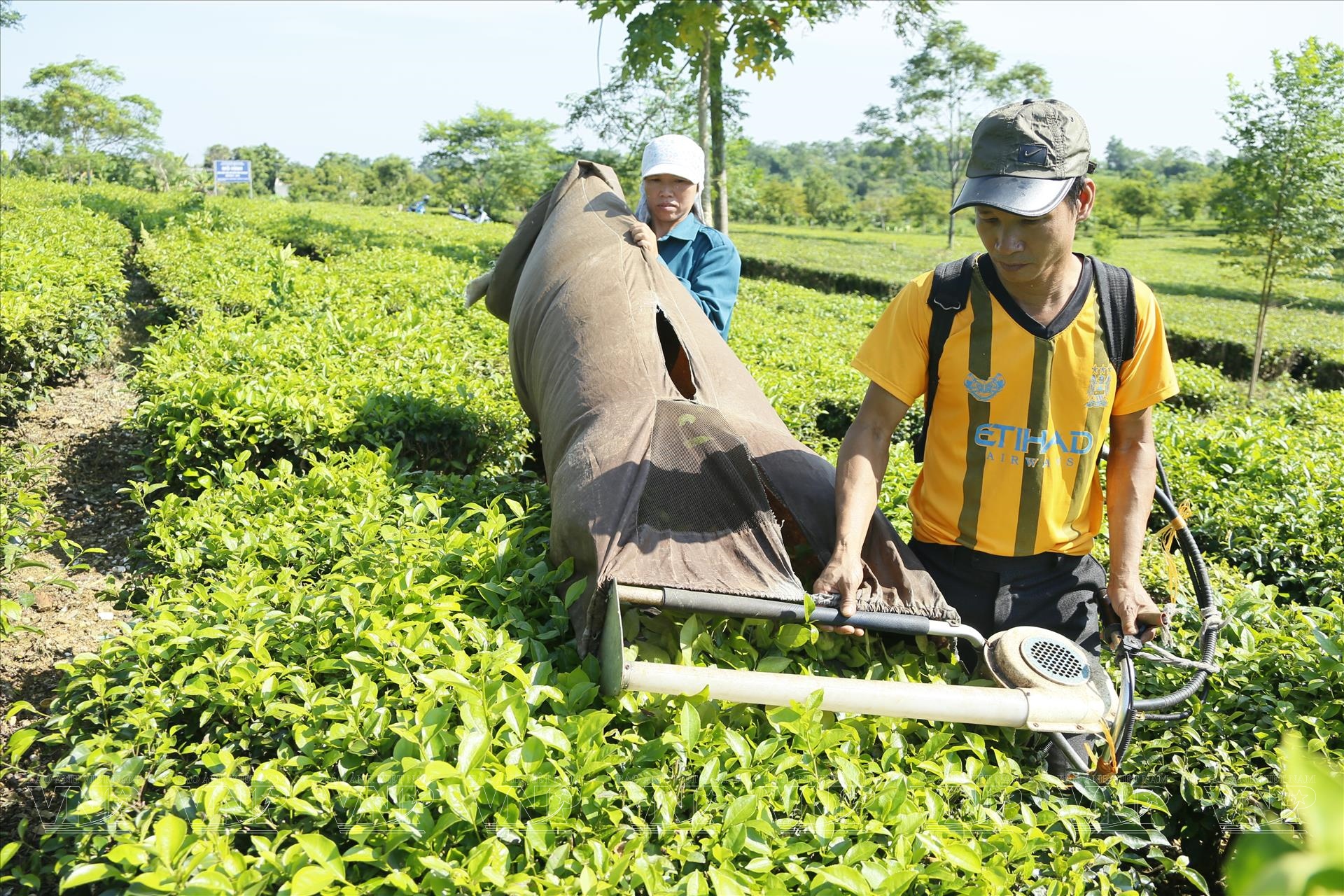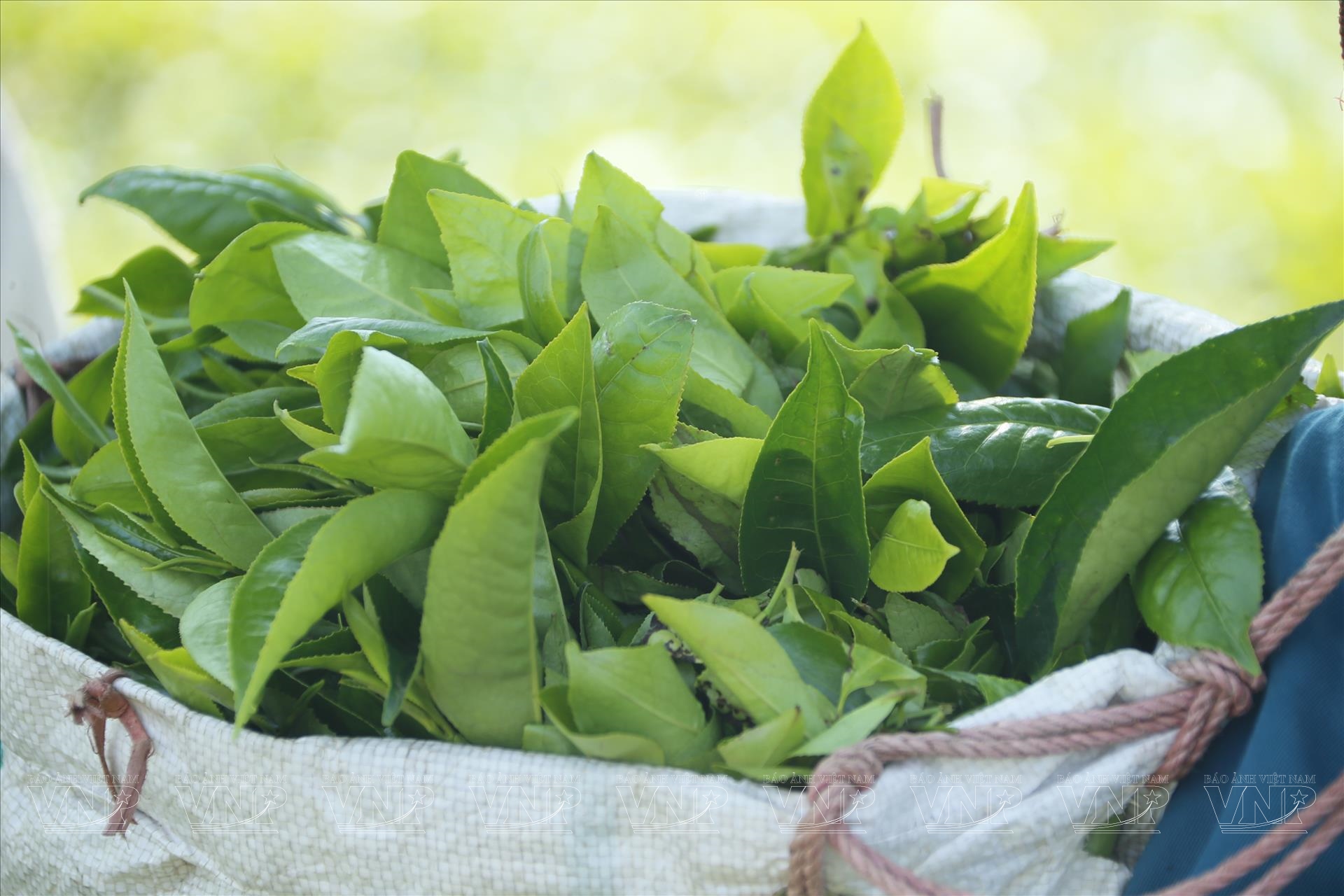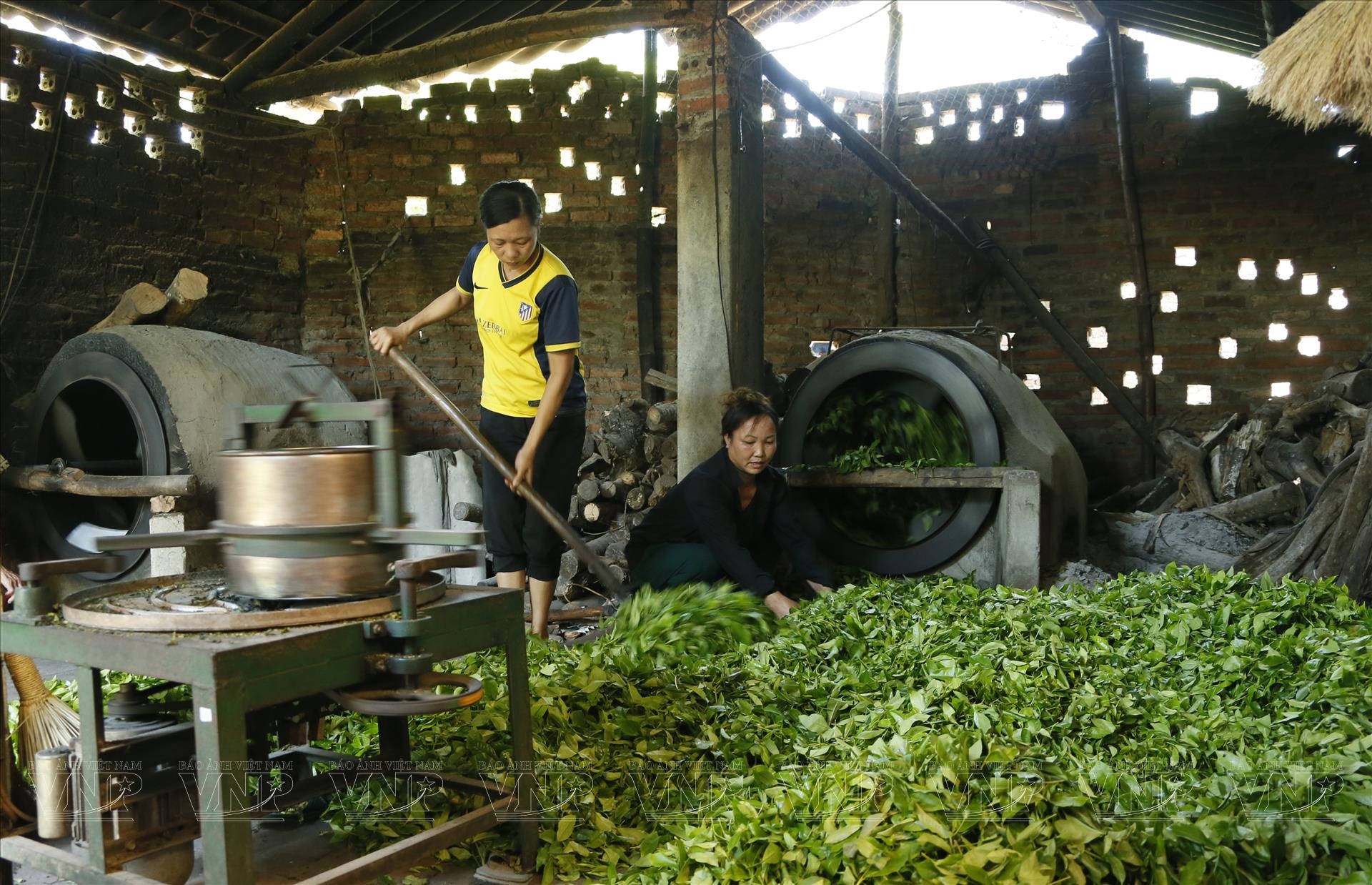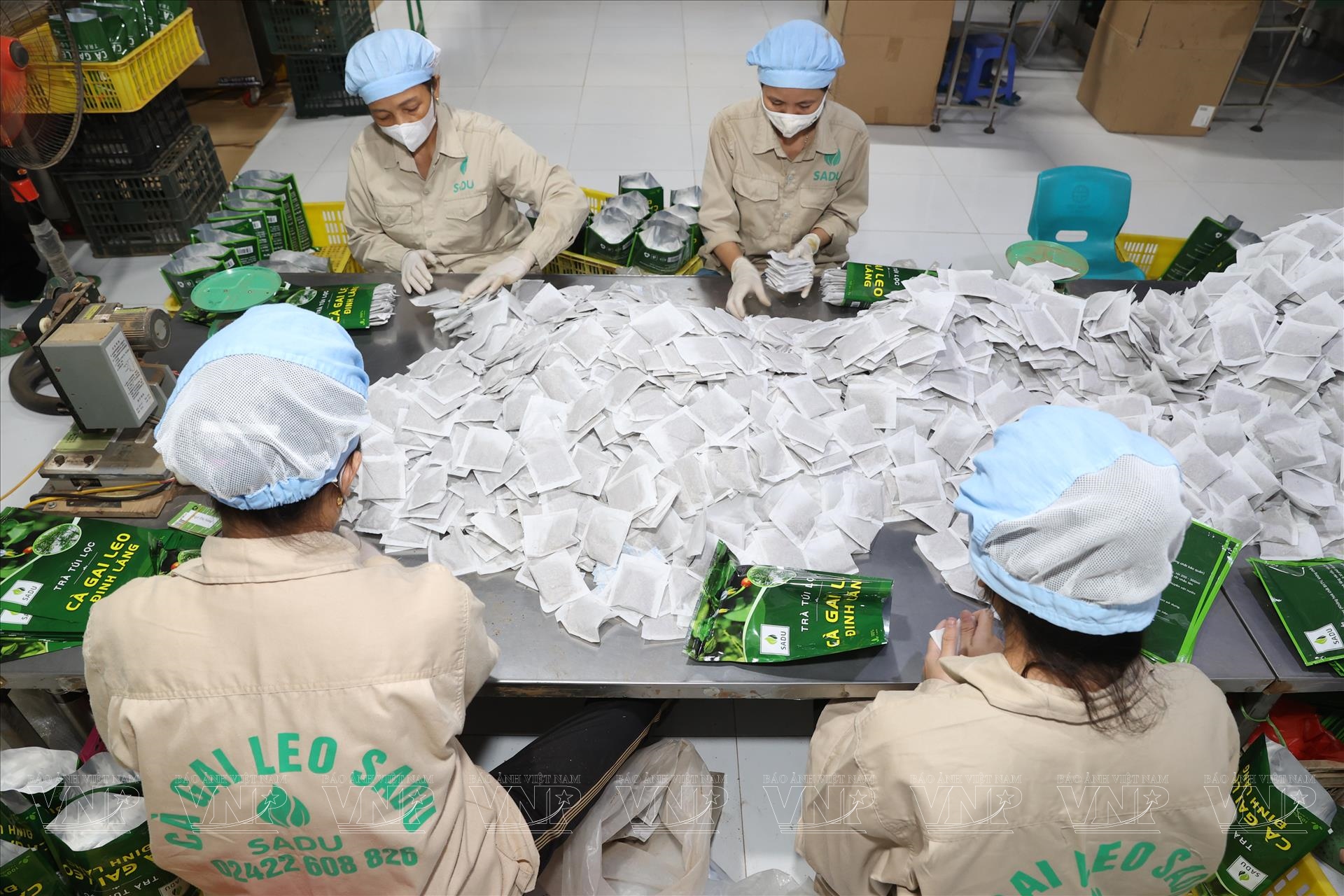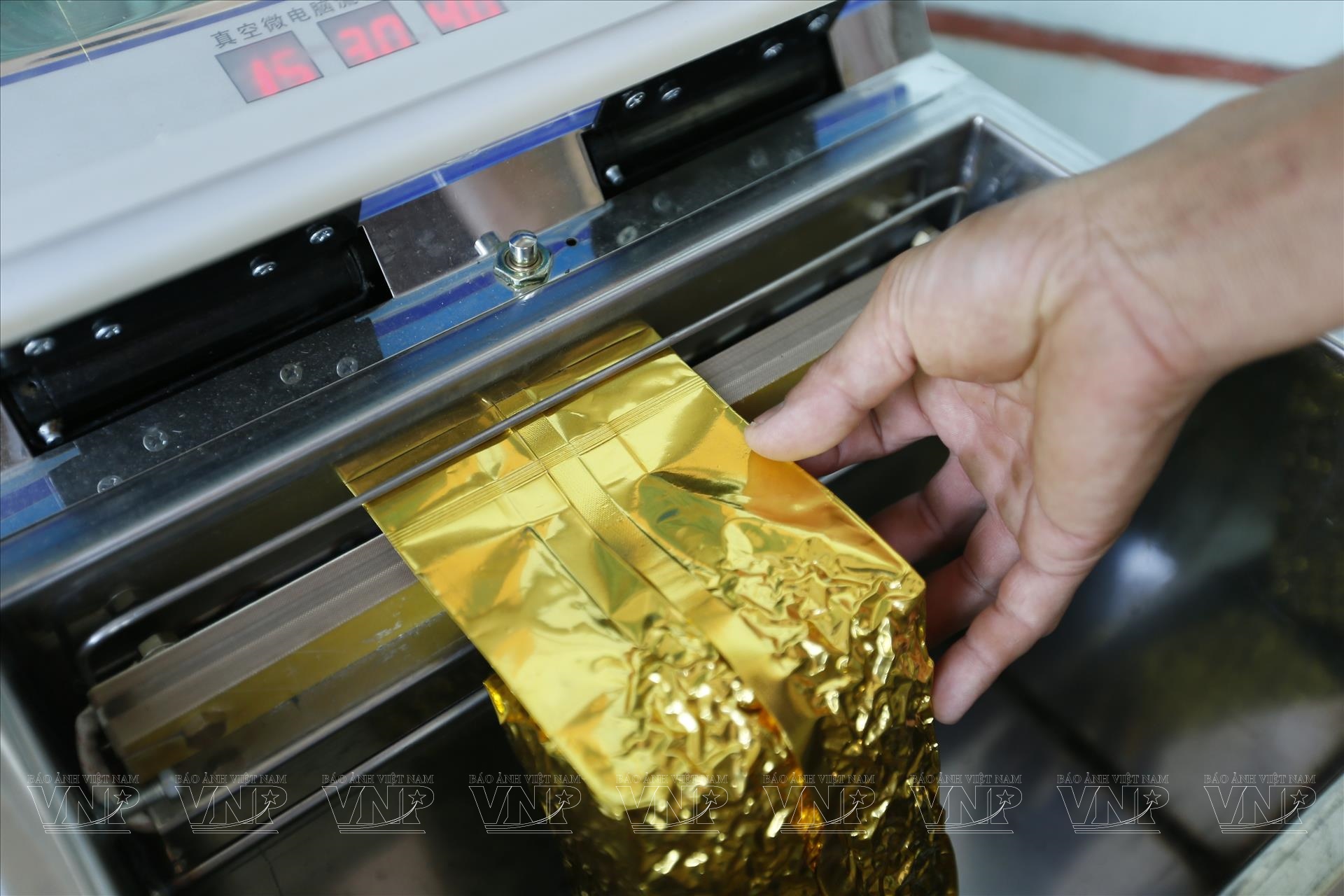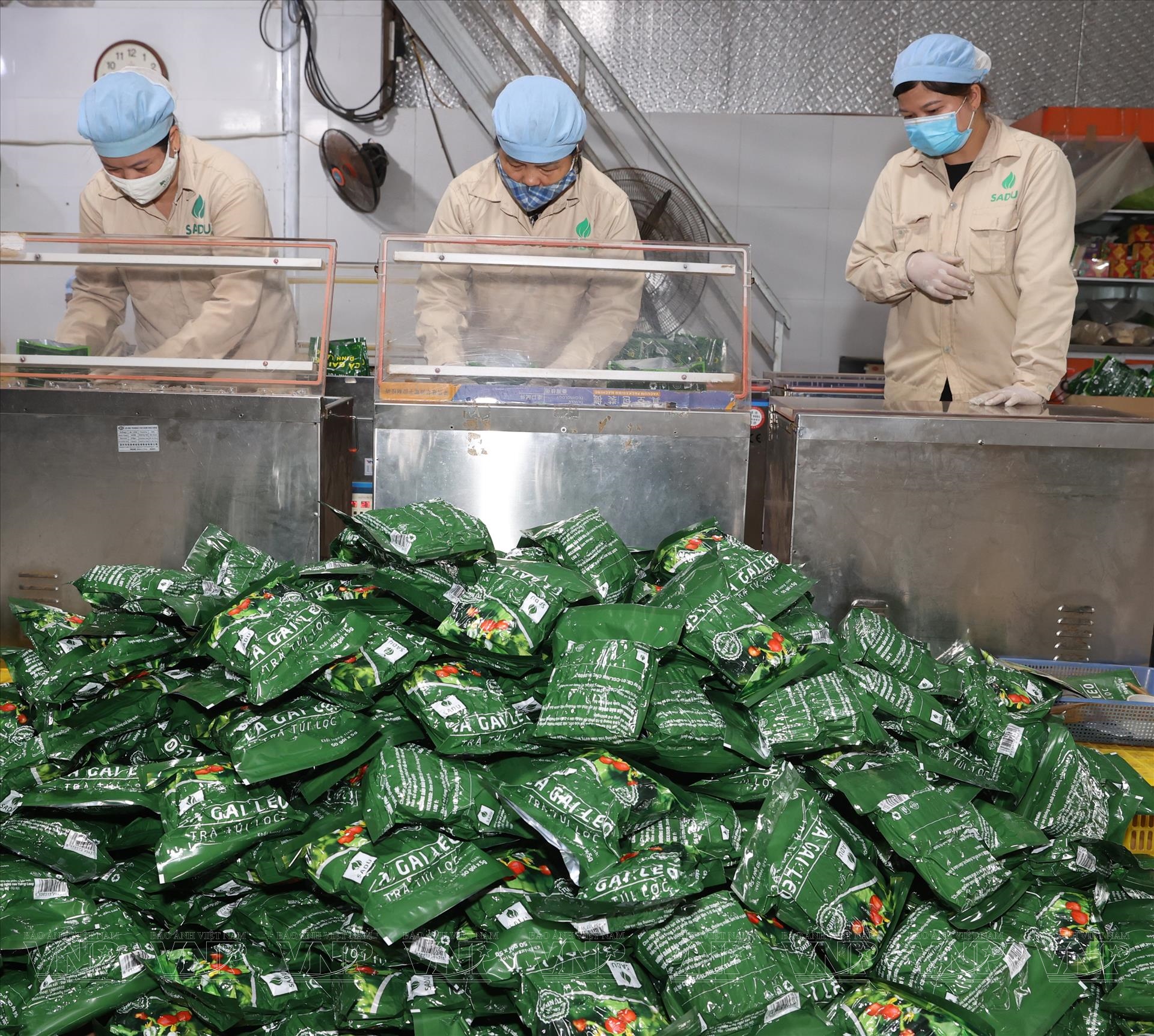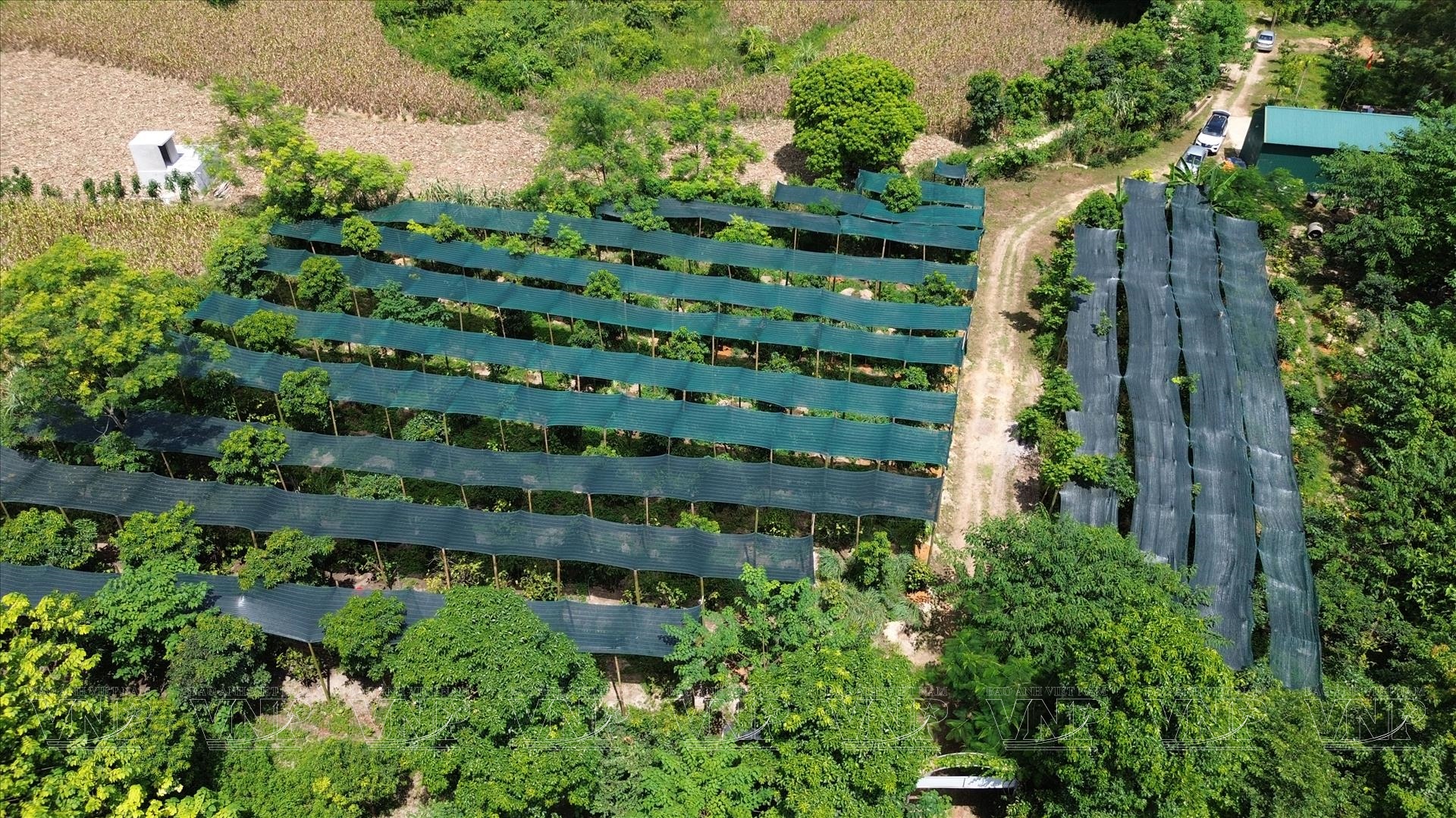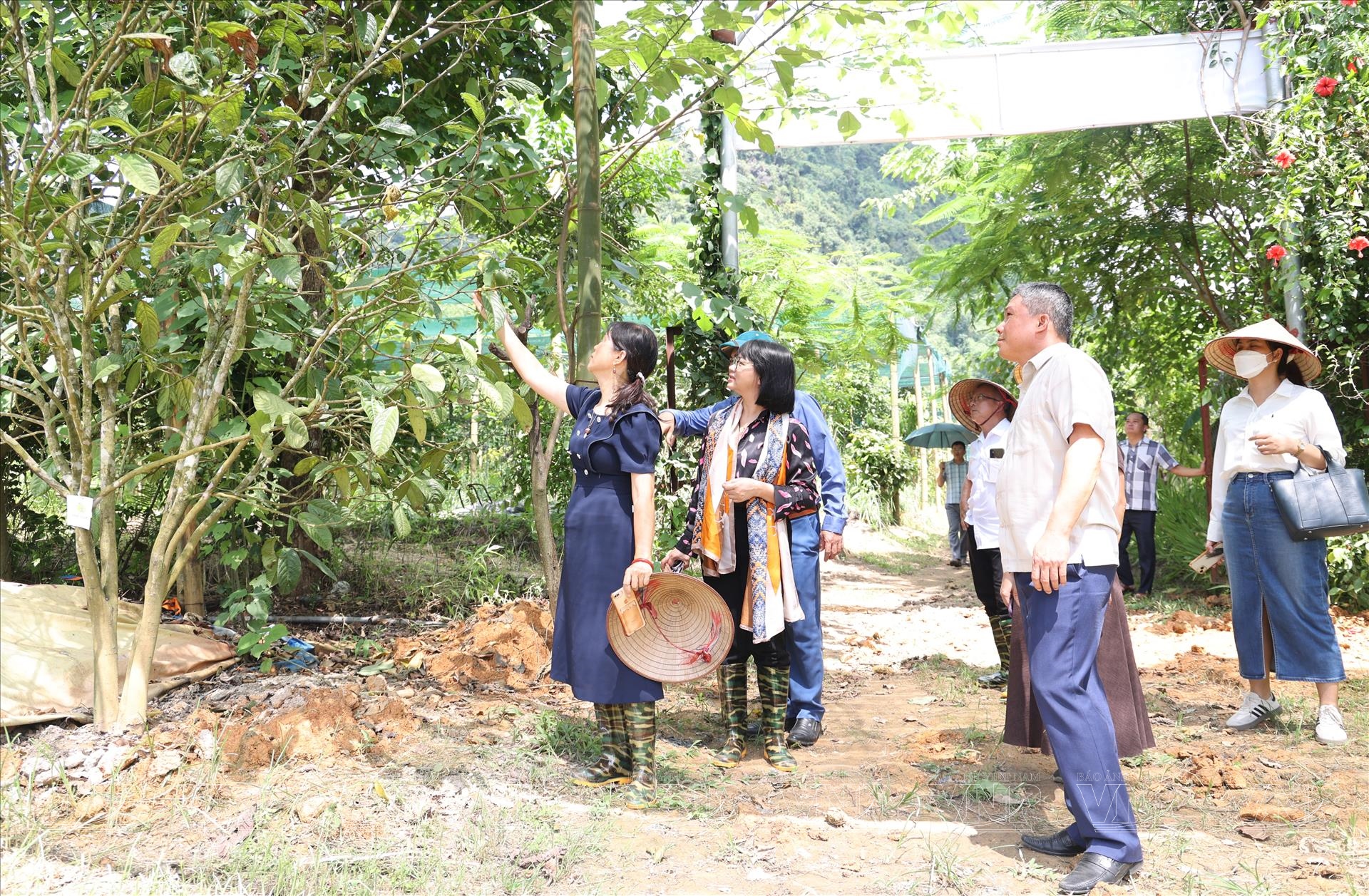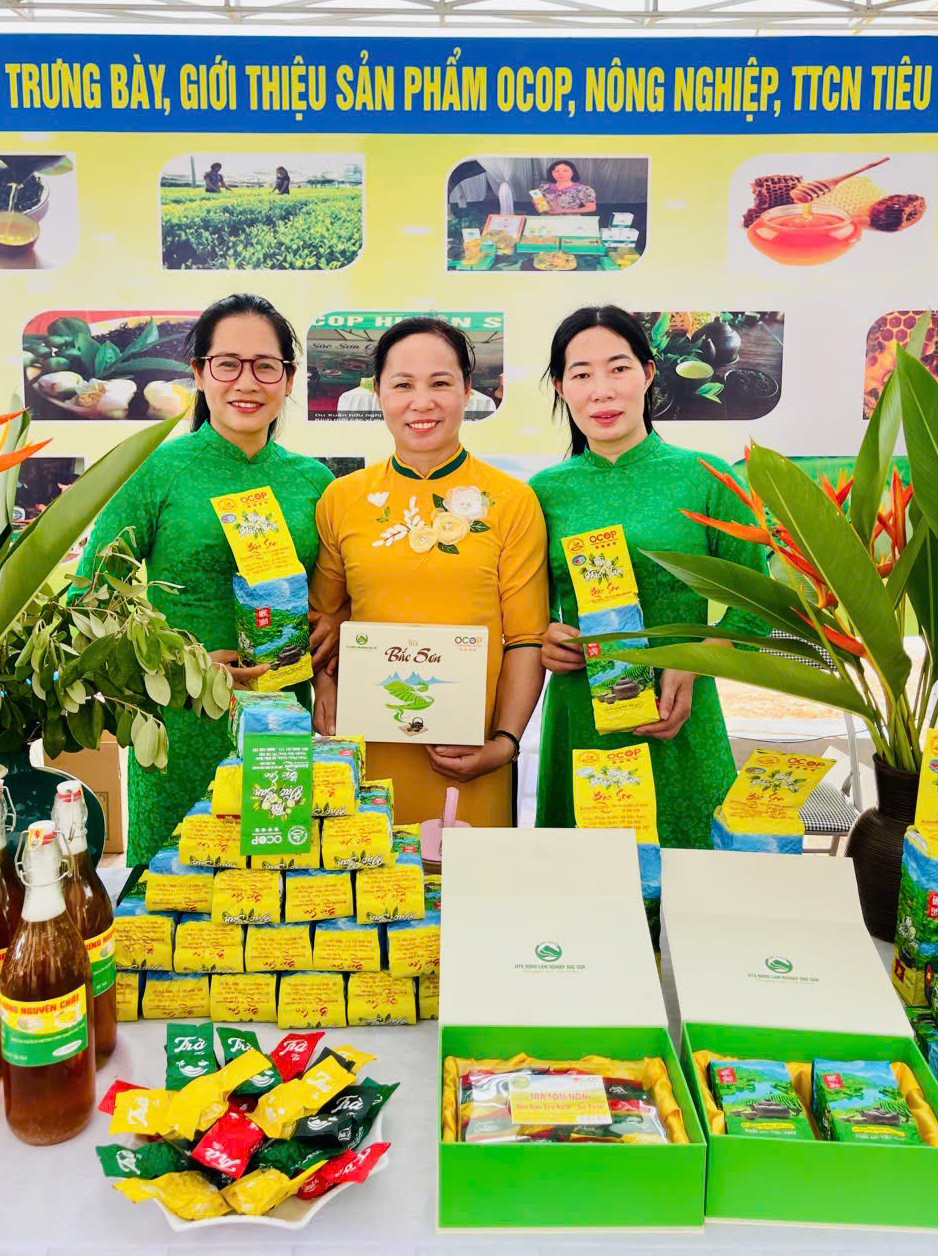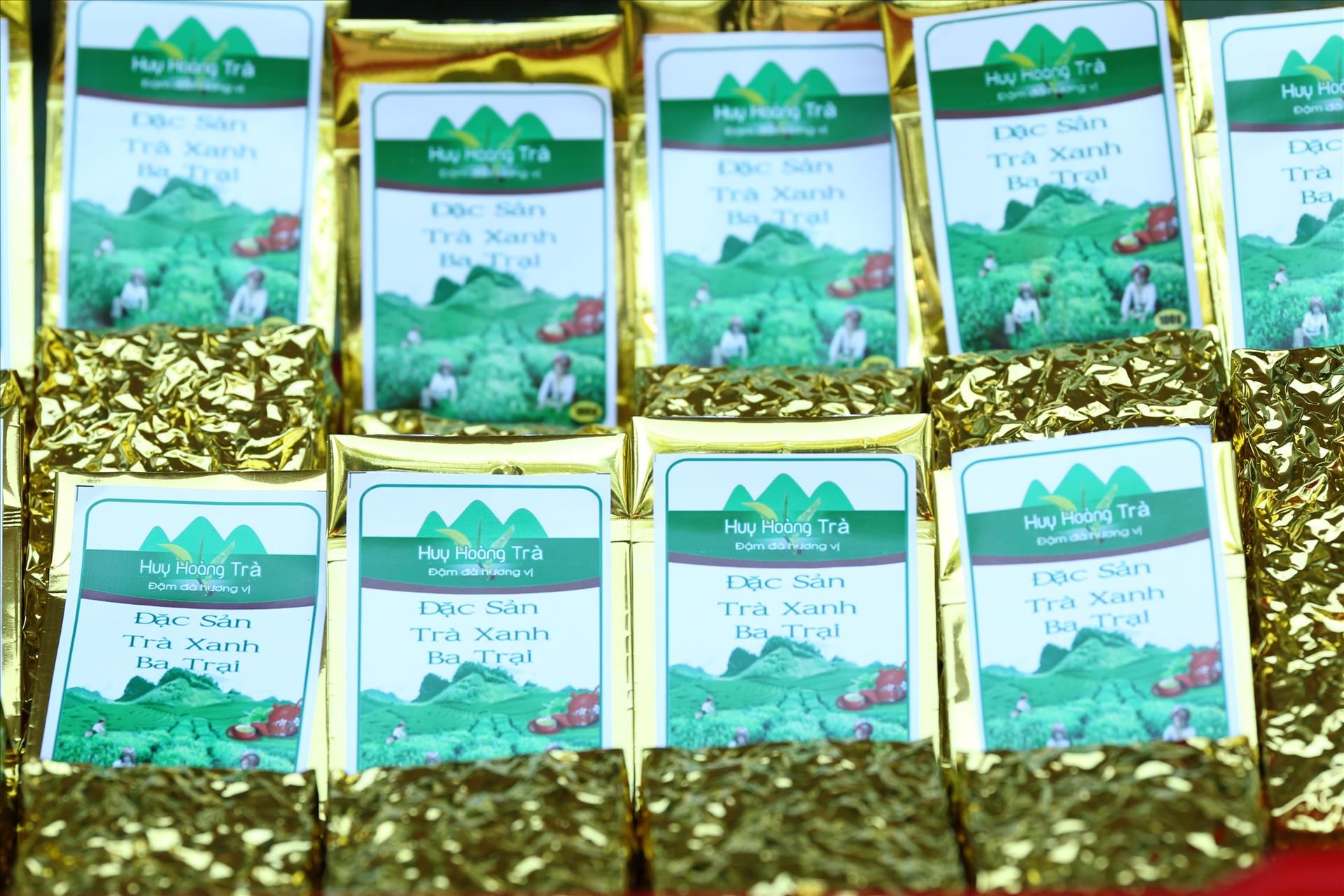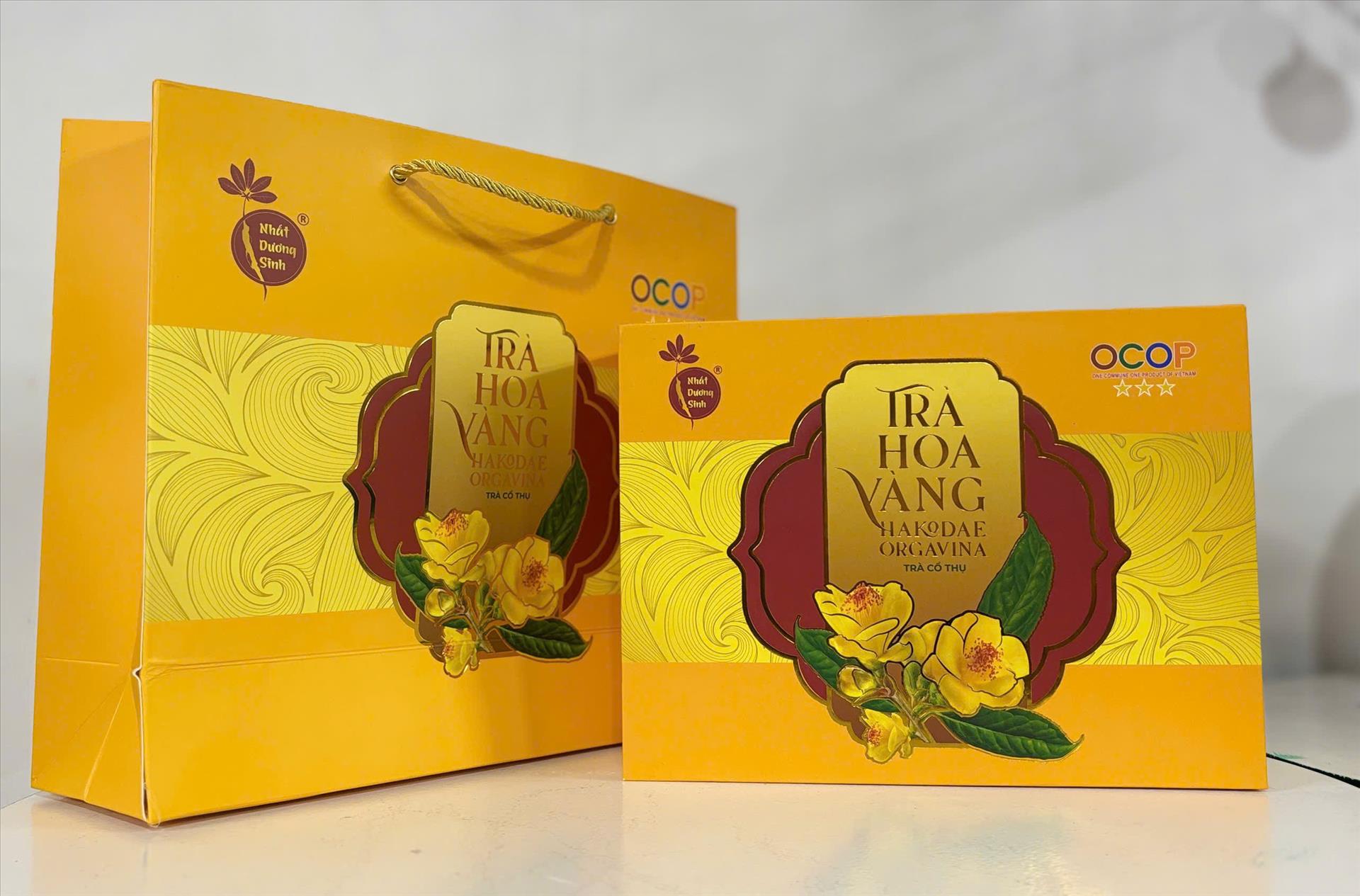Hanoi’s Tea Industry Brews a Path to Global Markets
Over the past 80 years of nation-building and development, Hanoi’s agricultural sector has undergone a dramatic transformation, shifting from self-sufficiency to commercial production, adopting advanced technologies, and steadily integrating into global markets. Tea, one of the capital’s cash crops, has followed that same path. Today, it is grown within organized value chains designed to boost exports and ensure sustainable development.
Gone are the days of fragmented, small-scale production. In recent years, Hanoi has developed large, well-planned tea-growing zones with strict oversight of seedlings, cultivation techniques, and agricultural input. Through local cooperatives, the city has built a closed-loop production chain that includes cultivation, harvesting, processing, packaging, and distribution. Each stage is carefully monitored to meet rigorous international standards. Traceability systems and plantation codes are also being introduced, paving the way for Hanoi’s tea to access high-value export markets.
In Phuc Xuan and Do Luong villages of Trung Gia Commune, hundreds of hectares of tea are now cultivated with a focus on safety and efficiency. According to Dao Thi Quy, Director of the Bac Son Agroforestry Cooperative, each hectare produces about five tonnes of fresh tea buds, equivalent to one tonne of dried tea. Thanks to professional processing, modern packaging, and the addition of branding and traceability, the product has earned a four-star OCOP certification. With stable prices and strong market demand, farmers now earn between 250-300 million dong (around 10,000 -12,000 US dollars)/ha annually.
Meanwhile, Ba Trai Village in Suoi Hai Commune, home to the capital’s largest tea-growing area with more than 470ha, has gained a reputation for its distinctive product. Grown on cool, fertile hillsides, Ba Trai tea is prized for its rich aroma and bold flavor, often hailed as the finest tea of Hanoi. Local resident Vu Thi Tam said,“With support from Hanoi’s agricultural sector, we have replaced old plants with new varieties and adopted VietGAP standards. As a result, yields, quality, and value have all improved significantly”.
According to Ta Van Tuong, Deputy Director of Hanoi’s Department of Agriculture and Rural Development, the city now has more than 2,000ha of tea, with 356ha, over 10%, cultivated using advanced technology. Leading tea-growing areas such as Bac Son, Long Phu, and Ba Trai have introduced mechanization in cultivation and harvesting, while investing in modern processing facilities that ensure food safety and meet international standards. These efforts have opened the door for Hanoi tea to enter selective markets including Russia, Taiwan and the Middle East, an important step in taking the capital’s agricultural products to the world stage.
Along with production, Hanoi has placed strong emphasis on branding and market expansion. For example, “Ba Trai Clean Tea” has secured trademark protection, features QR codes for traceability, and carries certified quality labels. Recognized as a three-star OCOP product, it is distributed through clean food chains and specialty stores, generating stable annual incomes of about 300 million dong (12,000 US dollars)/ha for local farmers. At the same time, Hanoi’s tea products are steadily gaining visibility on e-commerce platforms and at agricultural fairs across ASEAN, East Asia, and Europe, strengthening brand recognition and boosting international competitiveness.
By developing integrated tea value chains that go through cultivation to consumption, Hanoi has strengthened quality control, reduced intermediary costs, and secured stable market outlets that help minimize risks for farmers. This effective model is not only enhancing the value of agricultural products but also positioning Hanoi as a leader in the shift toward a modern, sustainable, and globally competitive agricultural sector./.
By Hoang Ha/VNP Translated by Nguyen Tuoi

